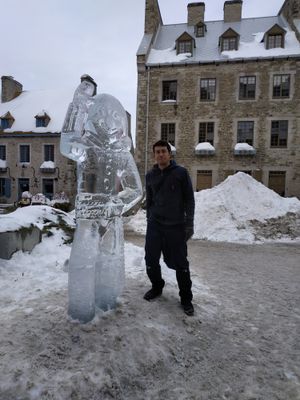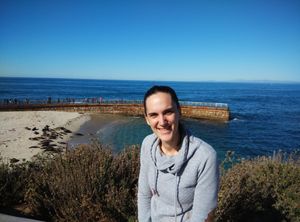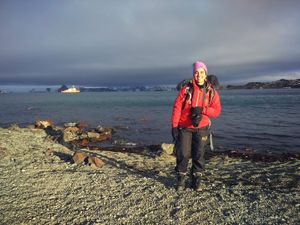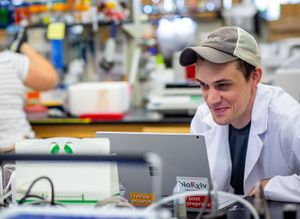Today, I am proud to announce that we are relaunching ecrLife with a brand new design and a new team of editors who share a mission to amplify the voices of ECRs from around the world.

The vast majority of practicing scientists on the planet are early career researchers (undergraduate research students, graduate students, postdoctoral scientists and untenured faculty). And yet their voices are rarely heard in discussions about science, whether in the media, in the comment and letters pages of major journals, or in the closed-door meetings where important decisions about the future of science are made. At ecrLife we want to change this status quo and provide ECRs with a platform to have their voices, ideas, and opinions heard.
ecrLife was started around two years ago, the brainchild of Dr. Steven Burgess, then a staff member at the open-access life science journal, eLife. Since then, we have published fifty-odd articles covering a variety of topics, from updates on the eLife Ambassador program to ideas for reform in science publishing, reflections on dealing with the rejections baked into modern science, thoughts on how to combat workplace bullying, battling the temptation to include impact factors in our CVs, among others. These articles have been written by two successive cohorts of eLife Ambassadors—like-minded ECRs from every continent who share a mission to advance responsible behaviours in science.
Moving forwards, we at ecrLife are narrowing our focus and broadening our impact by diversifying our pool of contributors and aiming to tackle more challenging topics. We realise that ECRs from all around the world, and not just those in the eLife ecosystem, have ideas and stories to share. Hence, we are now opening up our submission system to all scientists, and especially junior researchers from around the world. If you have a story, idea or opinion, send us a pitch and we will work to help you get heard!
In keeping with this new direction, ecrLife will no longer publish incremental updates from the eLife ambassador program or eLife events (these will still be published, but over at eLife Community). Instead, we will publish more powerfully argued and well substantiated ideas from ECRs about how we can reform research culture. We want to publish more interviews with pathbreaking junior researchers, and we want to encourage ECRs from all over the world, not just North America and Europe, to share stories about their personal successes, failures and the challenges they face in pursuit of a life in science. We hope that, collectively, the work we publish will have global impact, challenge established norms, and change the culture of science for the better.
In this mission, I must thank eLife for their tremendous support, our new editors for volunteering their valuable time, our authors for trusting us with their writing and our readers for every comment, like, retweet and share, and for your support as we navigate these changes.
As always, your comments, suggestions, feedback and criticism are most welcome,
-Devang







